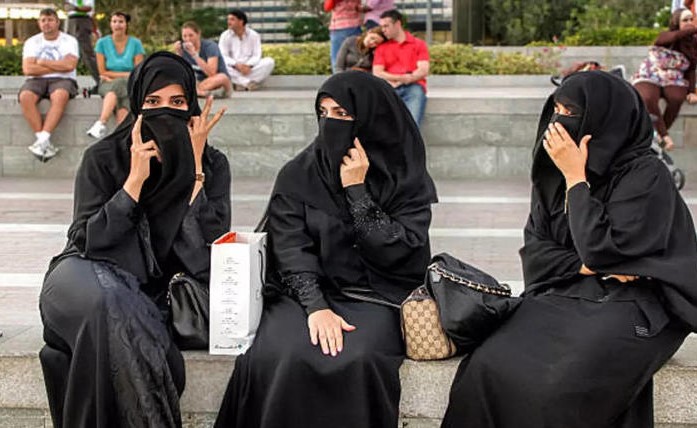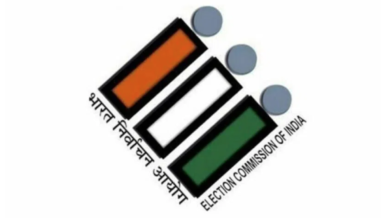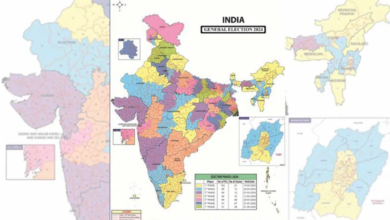AIMPLB says Kerala HC order giving Muslim women right to end marriage is “unacceptable”

The Kerala high court’s ruling earlier this week that a Muslim woman has the ability to dissolve her nikah (marriage) independently and does not necessarily need her husband’s permission has been challenged by the All-India Muslim Personal Law Board (AIMPLB), TOI reported.
The HC in this specific case “instead tried to legislate over the same, which was unacceptable to the board,” according to AIMPLB general secretary Maulana Khalid Saifullah Rehmani in a statement. According to Rehmani, there are just four ‘talaq’ (divorce) choices in Islam.
The first is triple talaq, in which the husband has the authority to declare divorce. The second is ‘khula’, in which the wife typically initiates the divorce and it becomes final once the husband consents. The third is ‘talaq-e-tafweez’ (delegated divorce), in which the future wife specifies in the ‘nikahnama’ (marriage contract) that she will be permitted to get a talaq without her husband’s approval in the event that he abuses her inhumanely and/or tortures her physically and/or mentally. According to Rehmani, the qazi/court will hear the fourth option.
There is no alternative way for talaq to be explained in the Sharia, and the Kerala High Court has gone beyond its mandate in interpreting the divorce laws in the context of Islamic law, Rehmani stated.
The AIMPLB’s response follows the High Court’s denial of a husband’s review petition challenging the divorce his wife received under the Dissolution of Muslim Marriages Act, 1939.
The right of a Muslim wife to end the marriage was upheld by a division bench of Justices A Muhamed Mustaque and CD Dias, who ruled that this was in conformity with the Quran and could not be impacted by her husband’s decision to accept or reject the move.
The petitioner-husband had argued that while a Muslim woman had the right to request a divorce, she did not possess the same absolute authority to say “khula” as her counterpart did to pronounce “talaq.”







